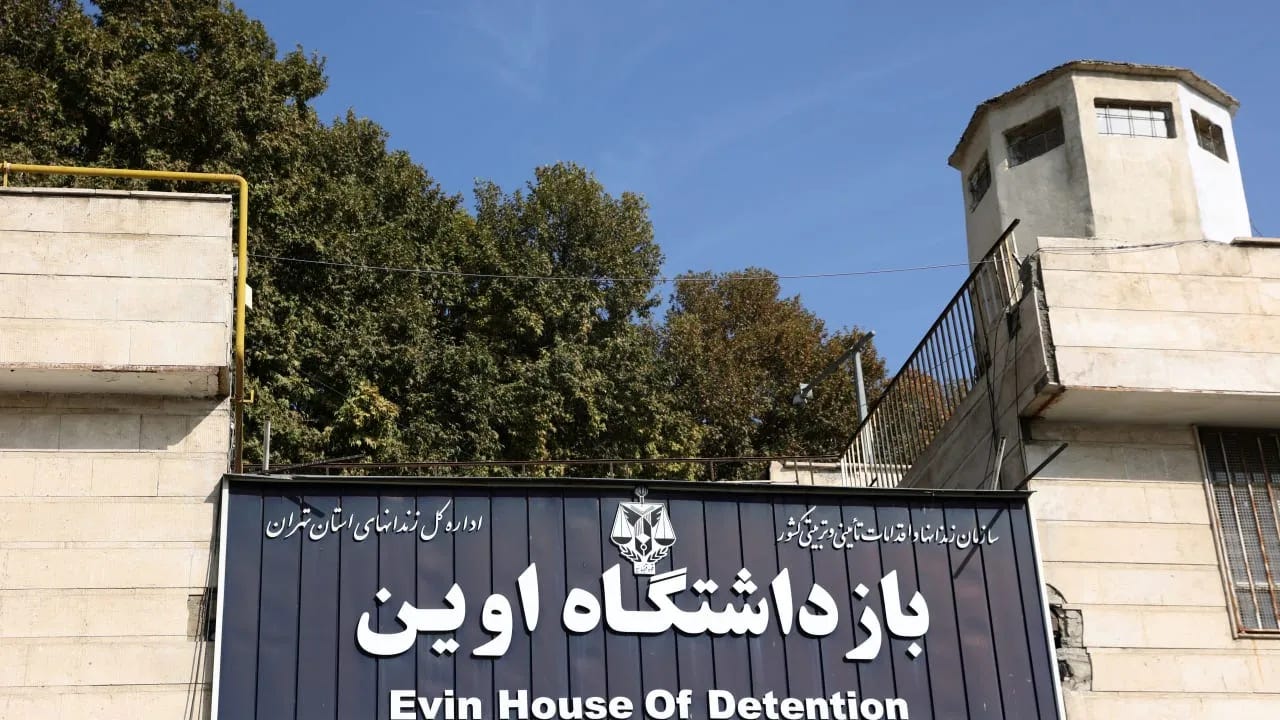IRGC Told My Parents I Was Executed for Months. I Was Alive in Evin Prison.
The regime did not need to put a bullet in my head to kill me. It simply told my parents I had already been executed.
For months, my mother scoured morgues and unmarked graves, peeling back white sheets with trembling hands — praying not to find my face, yet dreading she might. My father — once a pillar of resolve — wandered through that darkness with hollow eyes, his shoulders bent under a grief no man should bear. They were mourning a child still breathing.
Unaware of their agony, I was locked inside the 246-women ward of Tehran’s notorious Evin Prison. Every echo of a scream in those cold corridors reminded me that survival was not a right — it was borrowed time. On paper, I no longer existed. In reality, I was trapped in the belly of a machine built to crush the human spirit and erase the will to live.
I was a teenager, not even 16 when the Islamic Republic Guards Corps (IRGC) came for me. My crime? Refusing to bow to a theocracy that had hijacked my country, enslaved my people, and turned my homeland into a slaughterhouse of dissent.
Evin Prison was no prison in the conventional sense — it was a laboratory of psychological warfare, where the walls themselves absorbed the screams of the tortured. The ward I was thrown into crammed dozens of women into airless rooms, each one carrying her own invisible wounds: journalists, students, teachers, mothers — all “enemies” because they dared to think or speak freely.
The interrogations were calculated to break you before your body ever gave out. Sometimes it was beatings. Sometimes it was isolation in darkness so thick you could taste it. Sometimes it was being forced to listen to the agony of others, knowing you might be next.
But the cruelty did not end inside the prison walls. The IRGC reached beyond, poisoning the lives of our families. My parents’ torment — searching for my body while I was still alive — was no accident. It was psychological warfare, designed to crush both prisoner and kin. This is the regime’s signature: to kill hope before it kills the body.
Years later, I found refuge in Canada — a country I chose for its freedoms and the promise of safety. Yet the nightmare did not end.
Canada has become a safe haven — not for those fleeing tyranny, but for the very criminals and terrorists who orchestrate it. The same IRGC that falsely declared me executed operates here with disturbing freedom. They infiltrate communities, spread fear, and attempt to silence dissent, protected by a system slow to recognize or confront this threat.
I live under the shadow of this reality. Despite Canadian citizenship, I face ongoing threats and surveillance by regime proxies. My life, hard-won and precious, remains at risk. Canada’s failure to act decisively against these criminals is a betrayal — to me, and to every victim of tyranny who seeks sanctuary here.
This country must wake up to the danger within its borders. Canada must stop sheltering those who commit unspeakable crimes abroad and start protecting the survivors — those who refuse to be erased.
Evin Prison did not silence me. The IRGC’s lies did not erase me.
I speak now because I owe it to the women who never made it out, to the parents who never found their children, to the thousands whose names will never be spoken in the halls of power. I speak because the regime fears the truth — and truth, spoken without compromise, is a weapon they cannot fully contain.
Canada must wake up. The West must wake up. This is not just Iran’s fight — it is the fight between tyranny and humanity itself.
I was supposed to be dead. Instead, I am here, and I will not stop telling the world exactly who the Islamic Republic is.
Shabnam Assadolahi
Canadian Citizen


